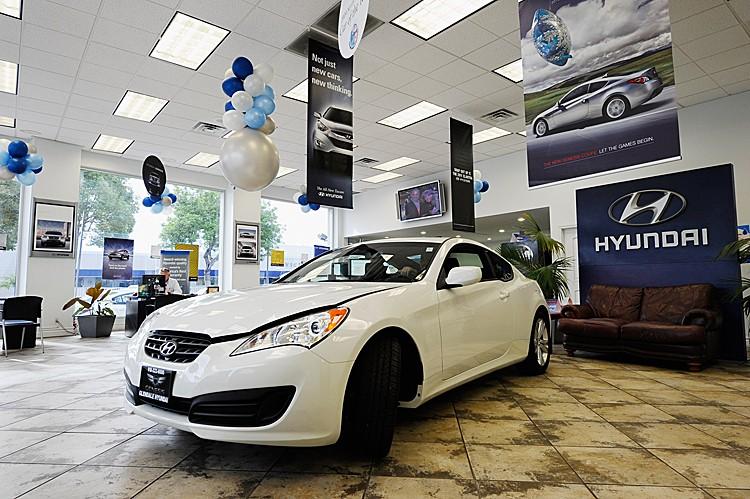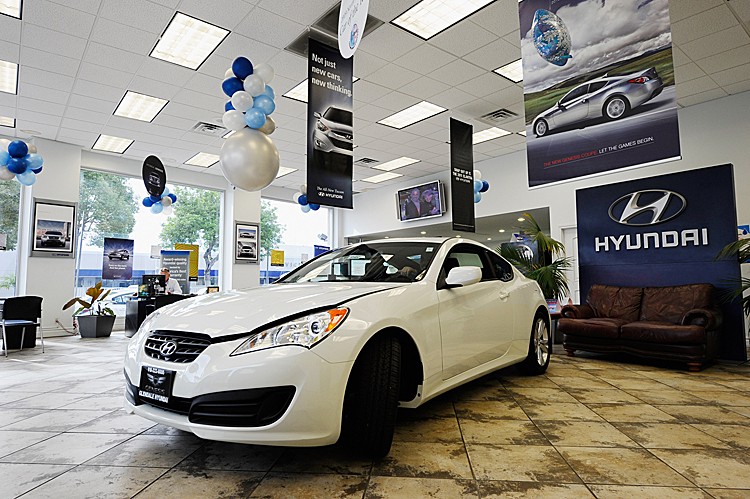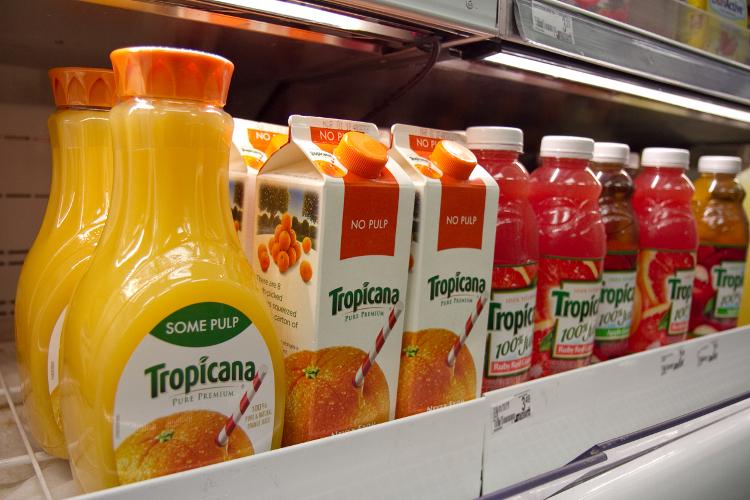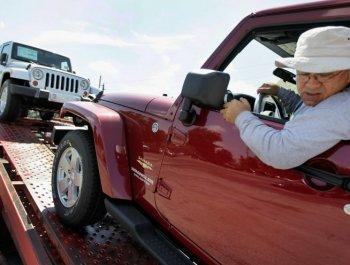Fuel Economy Increases Among New Cars
Facing federal mandates to increase fuel economy in future vehicles, car companies have shown their ability to slowly increase their corporate average fuel economy (CAFE), a measure of fuel economy across a company’s product line.
|Updated:




